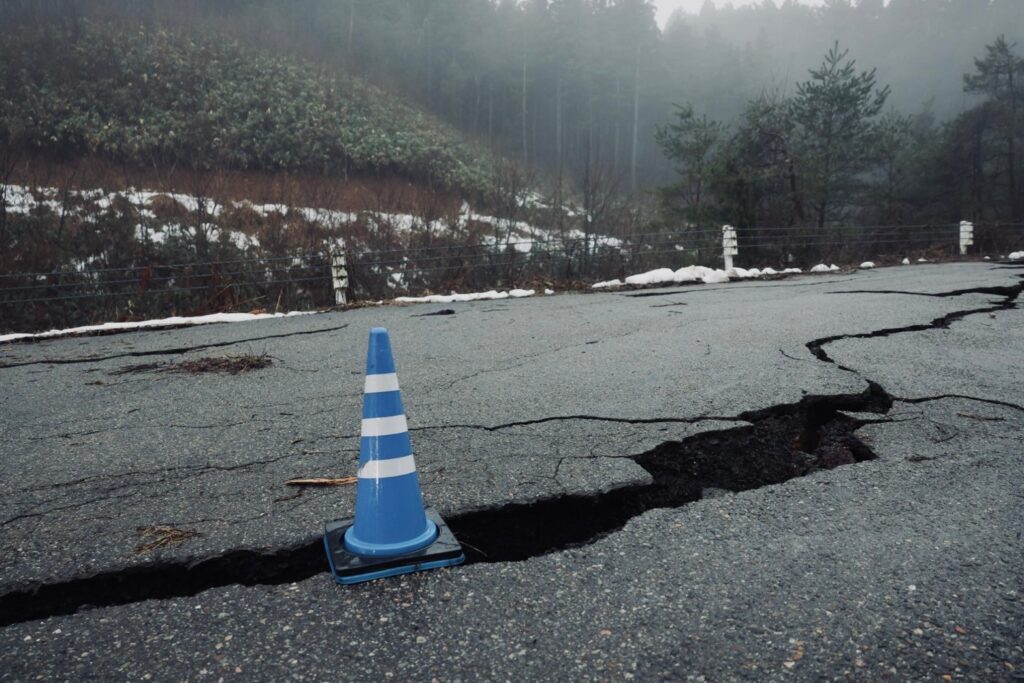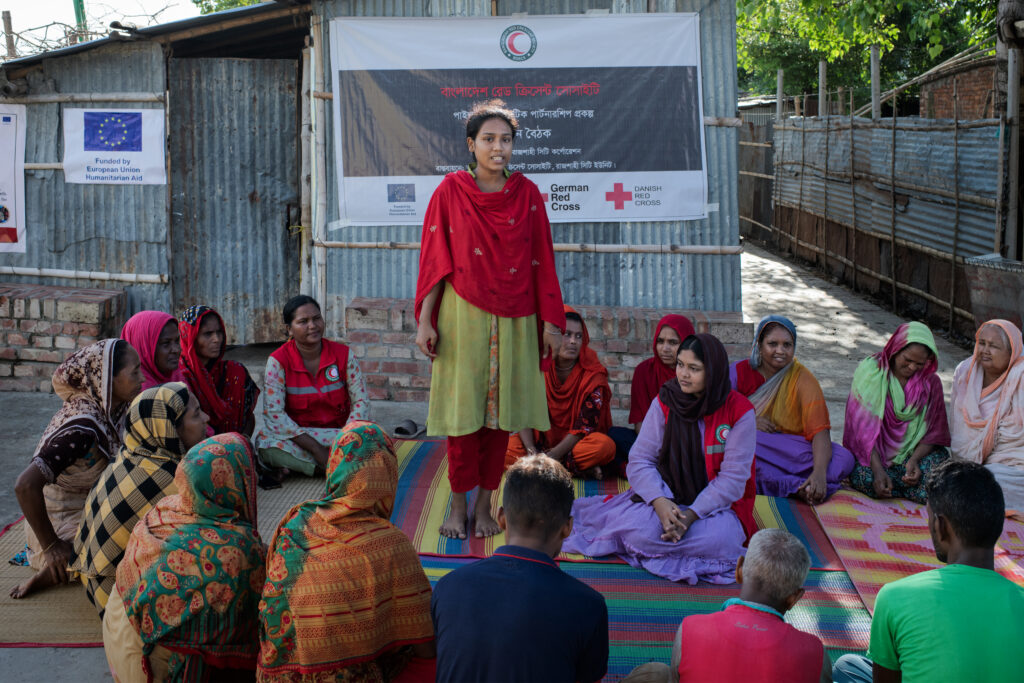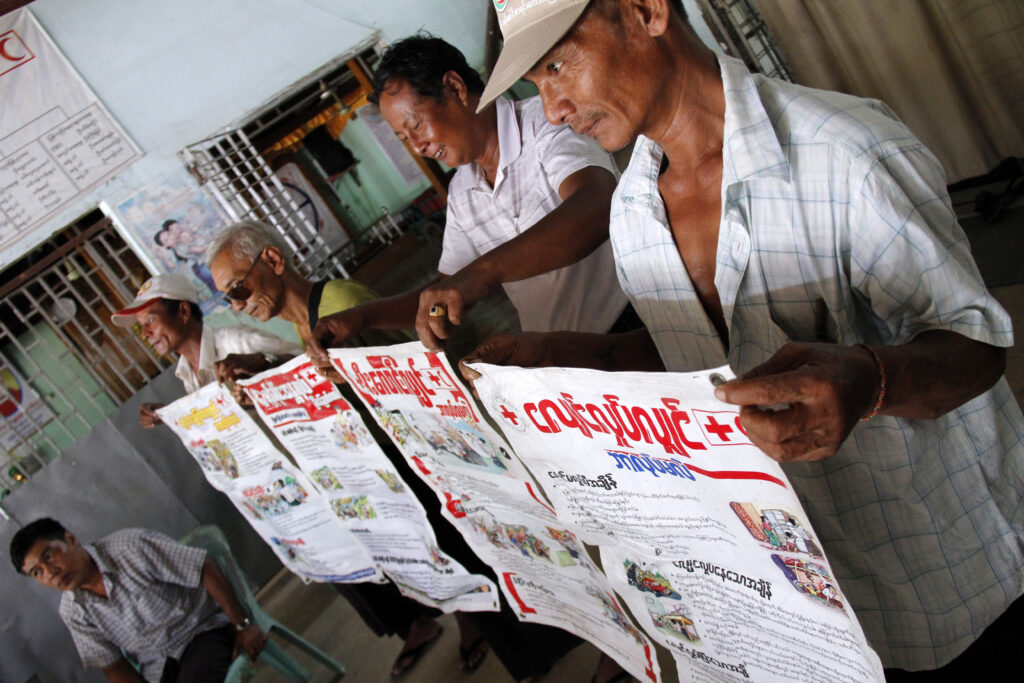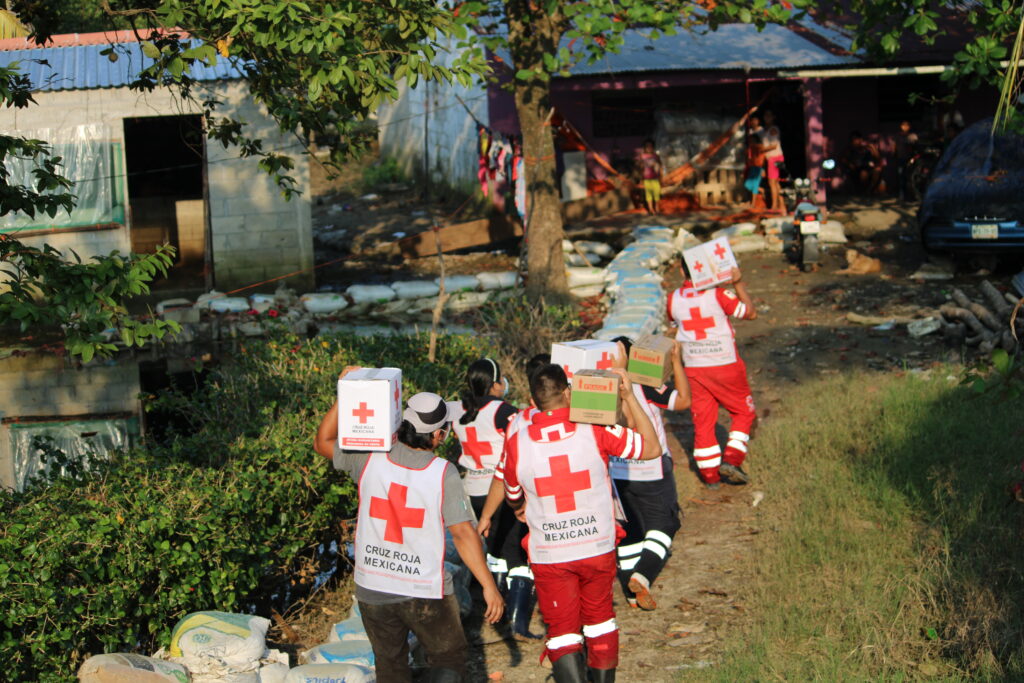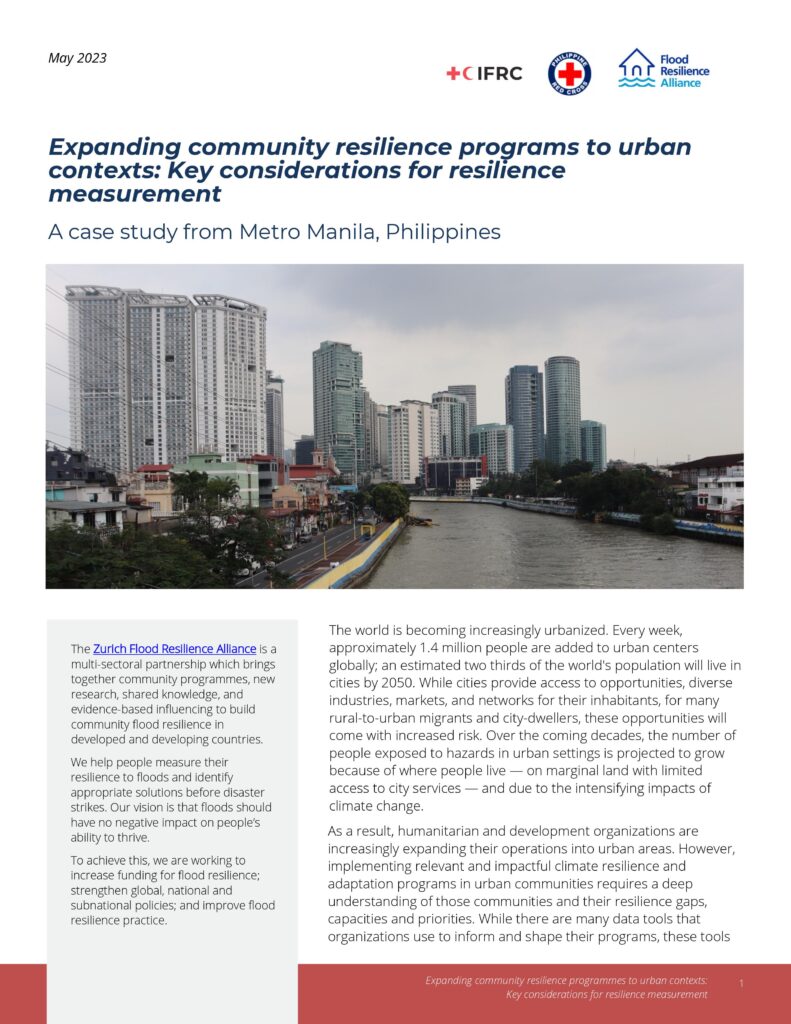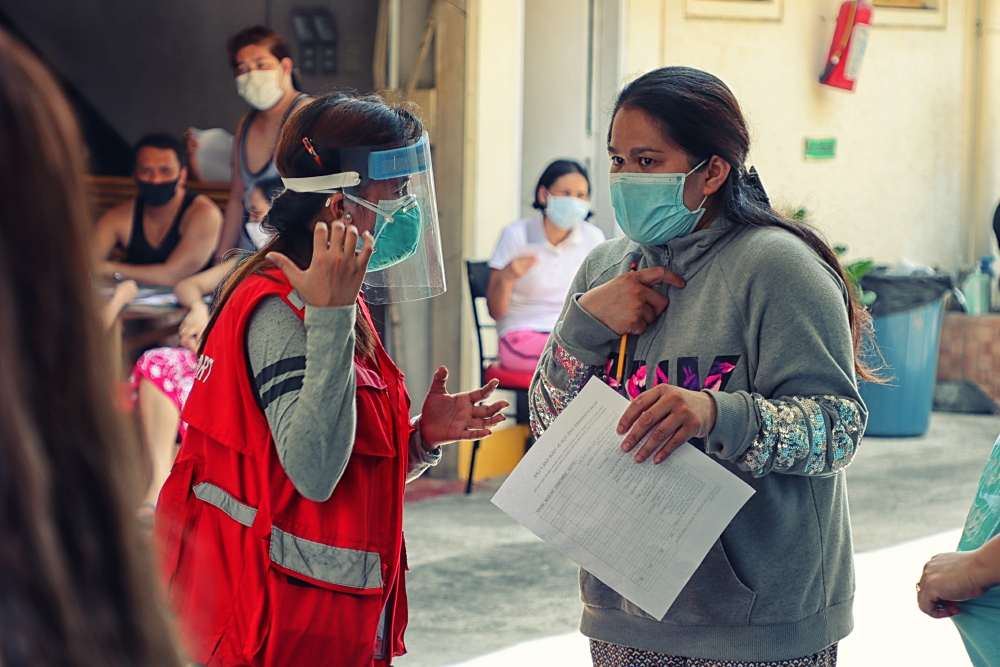Understanding climate change – internal migration/displacement nexus in the context of coastal cities
Download Full report: Understanding Climate Change – Coastal and Displacement This study presents a synthesis of the currently available data, analysis and projections, and reports on climate induced displacement and migration in coastal communities. It attempts to unpack the compounding effects of internal migration/displacement caused by climate-weather related events on cities and towns located in […]

